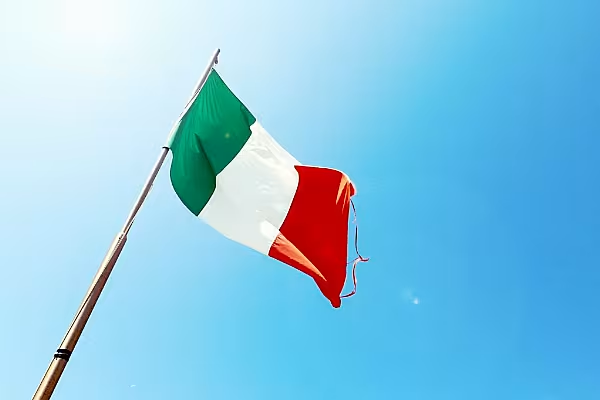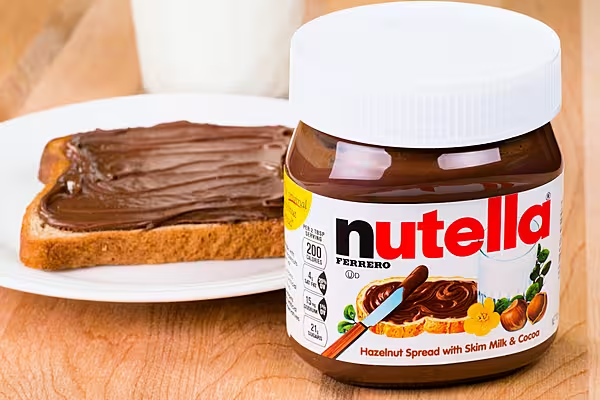Italy’s association of soft drinks producers, Assobibe, has warned that new sugar and plastic taxes will affect both producers and consumers.
The new sugar tax will increase the VAT on one litre of beverage from 22% to 28%, directly impacting the product price, according to Assobibe.
The plastic tax will result in a 60% increase in the cost of plastic, thereby affecting the budgets of producers already burdened by the new sugar tax.
The association has also warned that beverage companies will review planned investment and employment as a result of the new taxes, putting around 5,000 jobs in the supply chain at risk.
Impact On Companies
Coca-Cola HBC Italia has claimed that the sugar and plastic tax together will add exceptional charges of around €160 million on the company's accounts.
Company spokesperson Giangiacomo Pierini told Radiocor Plus that the new taxes would hit companies at a particularly difficult time.
Over the last decade, the consumption of carbonated drinks has dropped by 25%, especially among young people, and a further 10% drop is now envisaged, he added.
The company has already shelved its €49 million investment plans for 2020, which included a recruitment drive.
Its plants in Marcianise and Oricola are also said to be at risk of closure, as is the contract for buying oranges from Sicily for Fanta.
According to fruit juice producer Conserve Italia, the new taxes will increase the production cost of its Yoga brand juices by 35%.
General manager Pier Paolo Rossetti told Il Sole 24 Ore that the sugar tax alone would cost the company €18 million over one year of production, while plastic tax would add €2 million to the bill.
Conserve Italia is also anticipating a drop in consumption and production, as prices are set to increase between 10% - 30%.
'Punitive And Discriminatory'
Elsewhere, the Alliance of Italian Agri-Food Cooperatives described the taxes as “punitive” and “discriminatory”, noting that they will hit the agri-food chain hard, particularly the fruit and vegetables sector.
The alliance also highlighted that the plastic tax “does not take into due consideration the hygienic-sanitary constraints to which food sector companies are subject".
The companies are "obliged to use products made exclusively with virgin plastic or with a minimum quota of recycled plastic," it added.
The budget law introducing the two new taxes was recently passed in Italy’s Senate, but the implementation is expected to be delayed as a result of pressure from various sectors.
The plastic tax will not be introduced before June 2020, while the sugar tax is expected to come into force from October 2020, according to reports.
© 2020 European Supermarket Magazine – your source for the latest retail news. Article by Branislav Pekic. Click subscribe to sign up to ESM: The European Supermarket Magazine.











